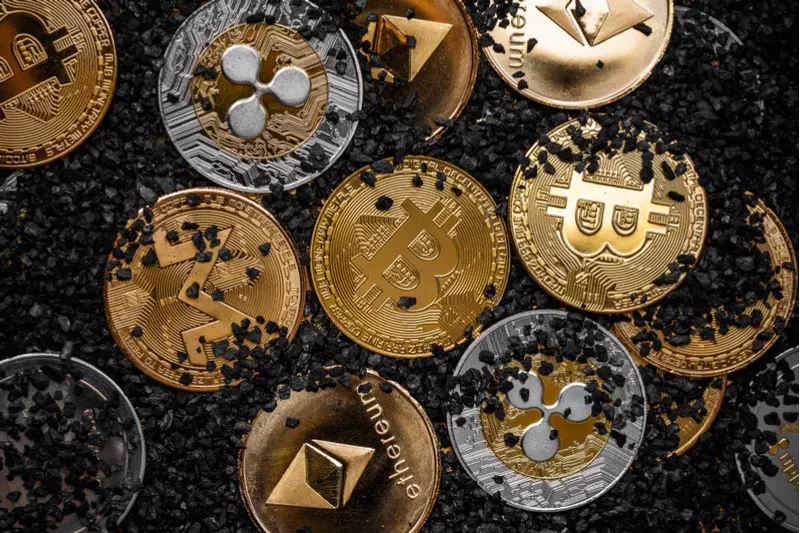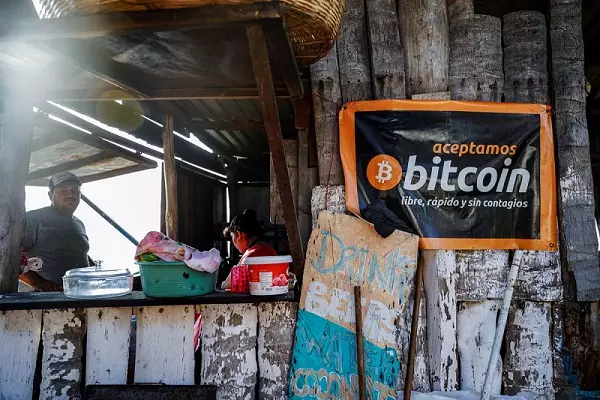Bitcoin and Economic Instability: Kiyosaki’s Perspective

In the ever-evolving landscape of finance, voices that challenge the status quo are increasingly gaining traction. One such voice is Robert Kiyosaki, best known for his influential book, “Rich Dad Poor Dad.” Recently, he directed his critical lens toward the U.S. government’s spending practices and the role of the Federal Reserve, expressing skepticism about the future of traditional financial markets. Kiyosaki’s assertions tap into a larger sentiment of distrust among investors who are wary of government interventions. His contention that U.S. monetary policy lacks integrity is not just a fleeting observation; it is a reflection of a broader discourse around government accountability and financial prudence.
Kiyosaki references a pivotal moment in U.S. monetary history—the removal of the gold standard by President Nixon in 1971. This departure signified a profound shift in how currency was valued, transitioning from a tangible asset-backed system to a fiat currency model, where money derives its value merely from public trust. Kiyosaki’s recollection of the shift to alloyed coins in 1965 underscores his long-standing concerns regarding monetary policies that he perceives as misleading. By linking his personal experiences with macroeconomic events, Kiyosaki creates a narrative that seeks to warn others about the potential pitfalls of fiat money, advocating instead for hard assets like gold, silver, and, critically, Bitcoin.
The Value of Bitcoin Amidst Crises
In his unyielding advocacy for Bitcoin, Kiyosaki paints a picture of the digital currency not only as a means of preserving wealth but as a potential full-fledged asset class capable of maintaining its value during economic turmoil. His bold prediction that Bitcoin could soar to $350,000 is bolstered by the expectation of a supportive political environment, likely driven by the next U.S. administration’s favorable stance toward cryptocurrencies. Kiyosaki’s recommendation to invest incrementally in Bitcoin—advising followers to buy Satoshis as a starting point—democratizes access to what he considers a crucial hedge against financial instability.
However, the cryptocurrency market is inherently volatile, evidenced by Bitcoin’s recent fluctuations. Despite Kiyosaki’s optimism, Bitcoin experienced a sharp decline, dropping from over $108,000 to approximately $92,640 within just a few days, primarily due to anticipated changes in the Federal Reserve’s interest rate policy. Such rapid movements can unsettle even seasoned investors, prompting discussions about the sustainability of Bitcoin as a safe haven. While Kiyosaki argues that assets resistant to fiat currency fluctuations will ultimately triumph, skeptics point to these same fluctuations as indicators of inherent risk within the cryptocurrency space.
Robert Kiyosaki’s commentary serves as both a clarion call and a cautionary tale. His critical stance towards government spending and the implications for financial markets invite individuals to consider alternative forms of wealth preservation. Whether or not one subscribes to his dire predictions about impending financial collapse, Kiyosaki’s insights undeniably prompt a reevaluation of personal investment strategies in an increasingly uncertain economic environment. As investors navigate the complexities of rising inflation and shifting monetary policies, Kiyosaki’s advocacy for gold, silver, and Bitcoin may resonate as a rallying cry for those seeking stability in a chaotic financial world.





